A syndrome is a group of medical signs and symptoms which are correlated with each other and, often associated with a particular disease or disorder. Irritable bowel syndrome (IBS) is a disorder of the large intestine which causes changes in the normal bowel function. The exact cause is unknown, but some experts believe it to be predominantly psychological rather than physical. Symptoms vary from constipation to loose motions along with pain in the abdominal without any identifiable cause through blood or imaging tests. Treatment options vary depending on the symptoms and outcomes differ too as each patient demonstrates different symptoms and responsiveness to treatment.
New Year Bumper Sale @ Rs. 1
X

- हिं - हिंदी
- En - English
- తె - తెలుగు
- த - தமிழ்
- বা - বাংলা
 Doctors for Irritable Bowel Syndrome (IBS)
Doctors for Irritable Bowel Syndrome (IBS)  OTC Medicines for Irritable Bowel Syndrome (IBS)
OTC Medicines for Irritable Bowel Syndrome (IBS)
 Irritable Bowel Syndrome (IBS) articles
Irritable Bowel Syndrome (IBS) articles News for Irritable Bowel Syndrome (IBS)
News for Irritable Bowel Syndrome (IBS)
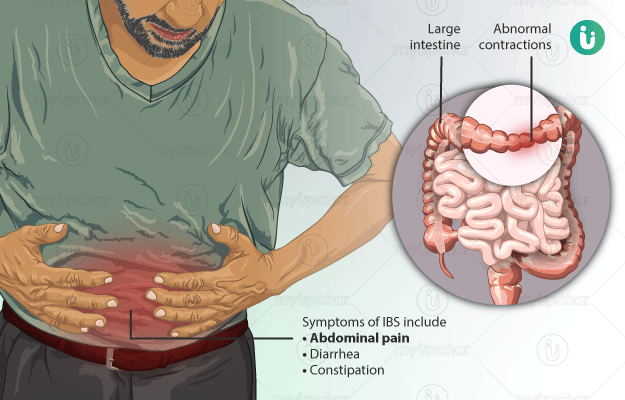
 Ayurvedic Treatment of Irritable Bowel Syndrome (IBS)
Ayurvedic Treatment of Irritable Bowel Syndrome (IBS)
 Diet for Irritable Bowel Syndrome (IBS)
Diet for Irritable Bowel Syndrome (IBS)
 Home Remedies for Irritable Bowel Syndrome (IBS)
Home Remedies for Irritable Bowel Syndrome (IBS)
 Homeopathic Treatment of Irritable Bowel Syndrome (IBS)
Homeopathic Treatment of Irritable Bowel Syndrome (IBS)

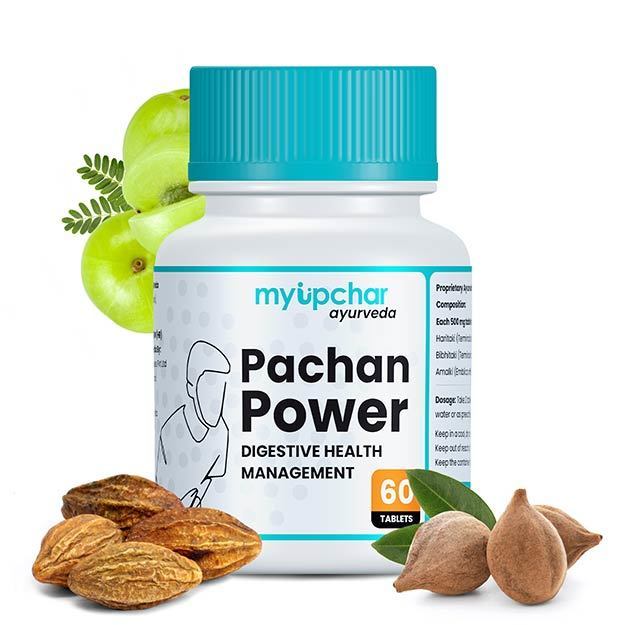

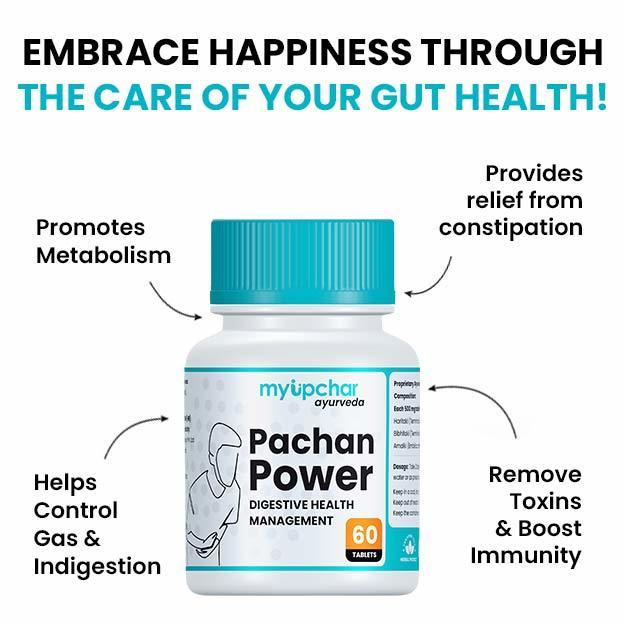

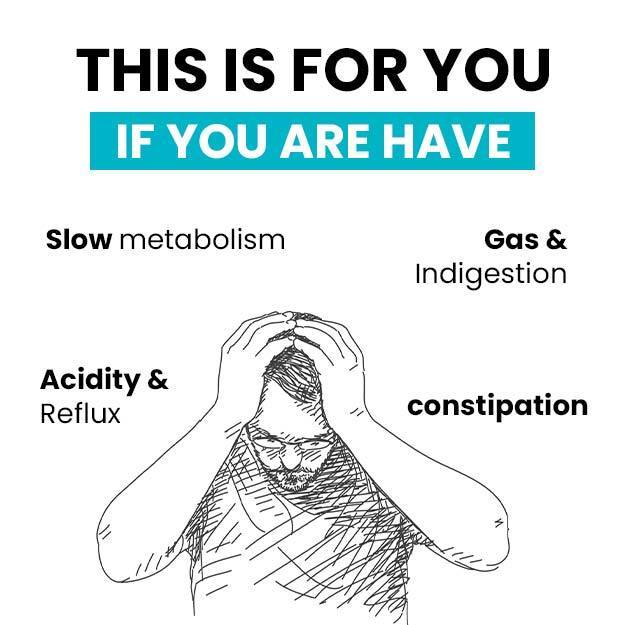
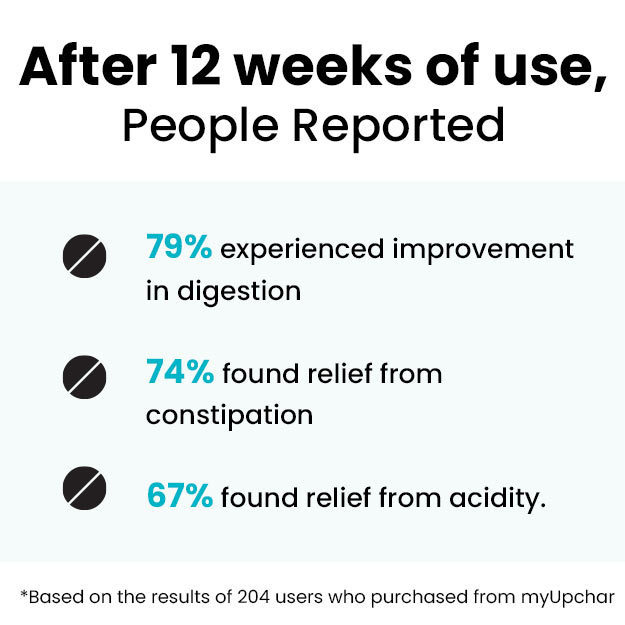
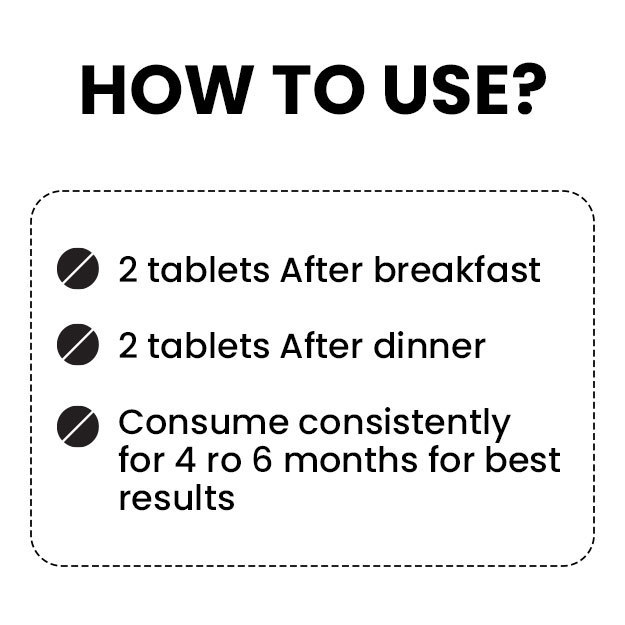
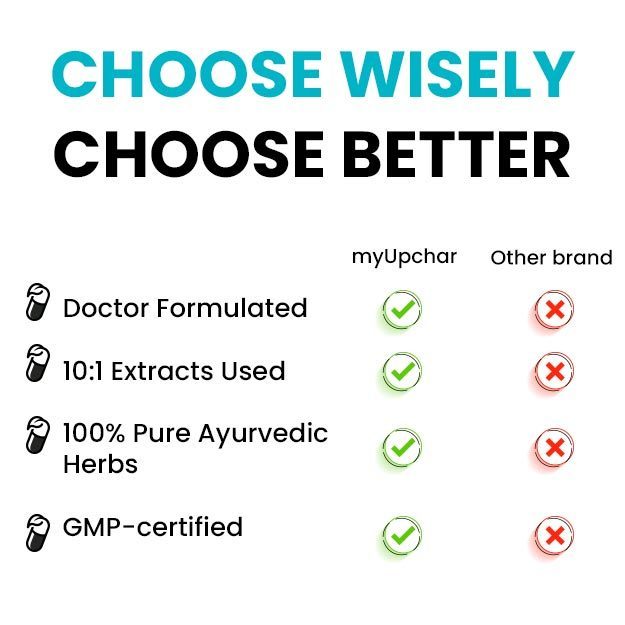








 Editorial Team
Editorial Team

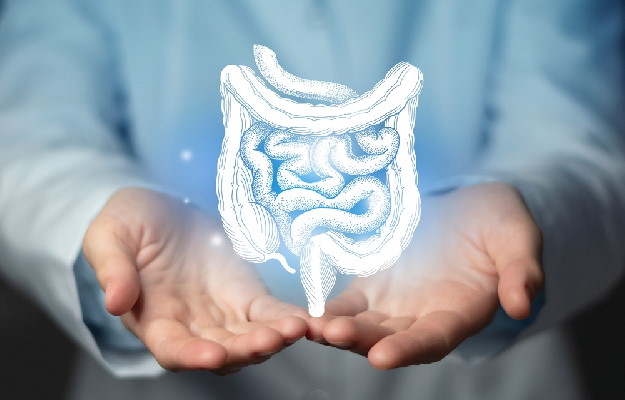


 Dt. Akanksha Mishra
Dt. Akanksha Mishra












